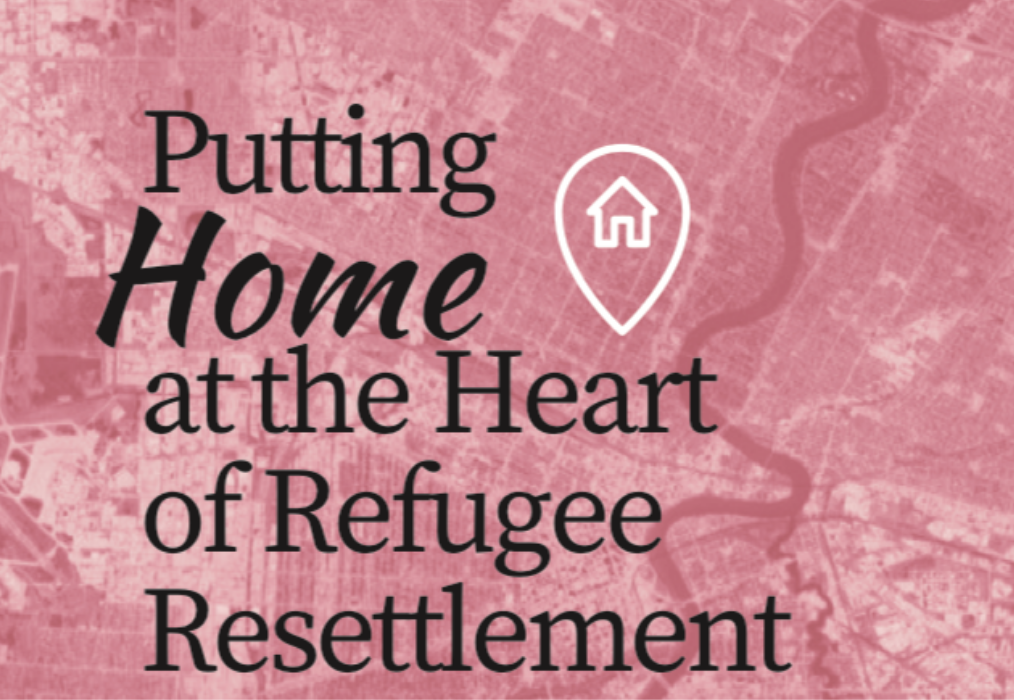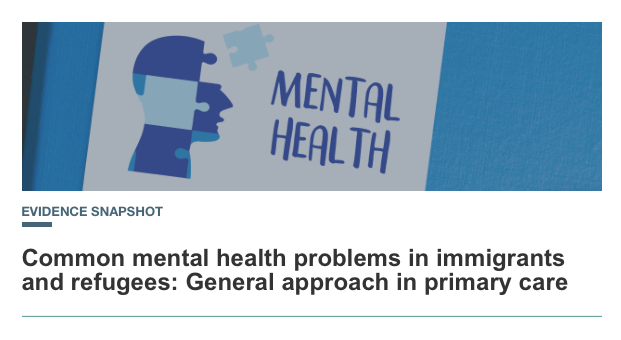Abstract
During the COVID-19 pandemic, mental health services rapidly transitioned to virtual care. Although such services can improve access for underserved populations, they may also present unique challenges, especially for refugee newcomers. This study examined the multidimensional nature of access to virtual mental health (VMH) care for refugee newcomers during the COVID-19 pandemic, using Levesque et al.’s Client-Centered Framework for Assessing Access to Health Care. One hundred and eight structured and semi structured interviews were conducted in four Canadian provinces (8 community leaders, 37 newcomer clients, 63 mental health or service providers or managers). Deductive qualitative analysis, based on the Client-Centered Framework, identified several overarching themes: challenges due to the cost and complexity of using technology; comfort for VMH outside clinical settings; sustainability post-COVID-19; and communication and the therapeutic alliance. Mental health organizations, community organizations, and service providers can improve access to (virtual) mental health care for refugee newcomers by addressing cultural and structural barriers, tailoring services, and offering choice and flexibility to newcomers.
To learn more, click here>>



